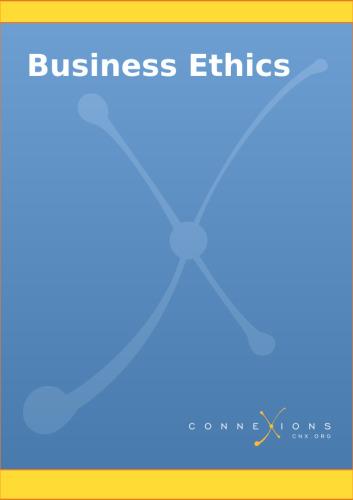Preventive Responsibility: By using knowledge of the past, one can avoid errors or repeat successes in the
Question:
Preventive Responsibility: By using knowledge of the past, one can avoid errors or repeat successes in the future. Peter French calls this the "Principle of Responsive Adjustment." (One adjusts future actions in response to what one has learned from the past.) According to French, responsive adjustment is a moral imperative. If one fails to responsively adjust to avoid the repetition of past untoward results, this loops back into the past and causes a revaluation of the initial unintentional action. The benefit of the doubt is withdrawn and the individual who fails to responsively adjust is now held responsible for the original past action. This is because the failure to adjust inserts the initial action into a larger context of negligence, bad intentions, recklessness, and carelessness. Failure to responsively adjust triggers a retroactive attribution of blame.
Step by Step Answer:







